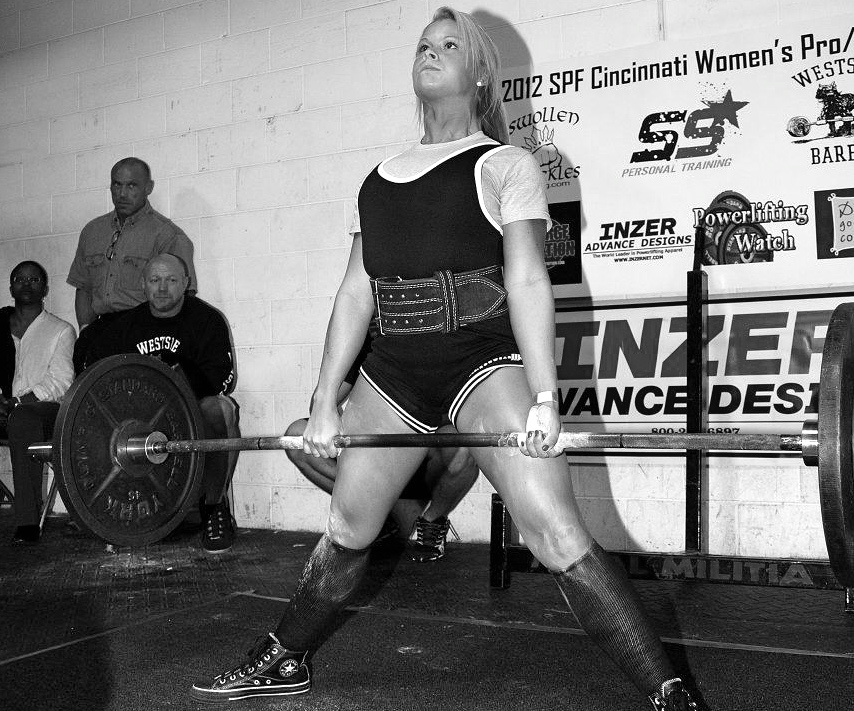We live in a society built on fear. Fear of the unknown. Fear of the different. Fear of failure. Fear of success. Fear of falling. Fear of our fear.
We are afraid to die, yet, a lot of us in the western world eat Cheetos and drink soda and go to McDonald's for dinner more than once a week (that is a very generalized statement, of course).
Why do we live in fear? I have my own personal theories, but one of the stronger ones is that we are conditioned to do so by those "above us" on the power chain. If we, as the small folk, got too big for our britches, many corporations would go down in flames.
There are societies that believe in preventative medicine. Here in America, we mostly believe in rehabilitative medicine.
In 2010, the leading causes of death according to the CDC were as follows:
| Data from CDC.gov |
Yeah, so, as you can see, we're all happy and healthy here in America. I think there are a lot of factors at play. There is no cure for Alzheimer's or aging, that is where we are all headed. There is no cure for many cancers and once it's terminal, that's pretty much it. We're not even sure of what causes Alzheimer's or cancer. Sure, certain behaviors like smoking a lot or drinking too much can lead you down either one of those paths, but there are people that get cancer that are seemingly healthy and eat "right".
I digress. What am I getting at?
We live in a society of fear. Without all of these things to fear, what would we do? Would we buy all the OTC supplements, the magic weight loss pills, juice our vegetables instead of eat them? Run faster after we buy those new shoes that are supposed to be better for our feet? Lift heavier, move more, eat less? No. We fear, so we consume, and then we fear what we consume (this is a part of a much, much longer could-be series).
Back pain? Pop a pill. Allergies? Pop a pill. Hungry? Tired? Coffee and sugar will hold us over.
But we are slowly killing ourselves. Just looking around tells us so.
At some point we have to stop and take a look around and accept responsibility for our situations. Then we have to decide what to do about it. We can stop eating so much garbage and start eating more actual food, or we can stay the unsustainable course and poison ourselves slowly. Granted, yes, we are all headed to the same destination. But it's the journey that counts, remember?
Maybe there is someone in your life who is so unhealthy, that fuels your work outs or training sessions. Maybe there's someone like April who inspires you and is the fire to keep you going. Maybe it's just you and the iron, or the road, or the CrossFit gym.
 |
| Caitlyn Trout, world record holder in powerlifting |
Either way, it's pointless to eat "correctly" and sit on your ass all day just as it is pointless to slave away in the gym or on the field and eat garbage.
Don't let them scare you into submission. Think for yourself, seek the truth and know that your morals and beliefs will be challenged along the way. It is not easy, but it is worthwhile. The path we take leads us to a wider and less lonely road if we take it together.
You don't need that pre-workout supplement to set PRs. You don't need that weight-loss pill to help you lose weight. You don't need to eat that or eat this magical food in a magical combination. You do need to use your brain and look for valuable and reliable sources of information.
 |
| Martin Berkhan, AKA, the Father of Intermittent Fasting. Leangains.com |
And then you need to lift heavy stuff for a while, or run for a while, or even walk for a while 4, 5, 6 times a week. That's it.




